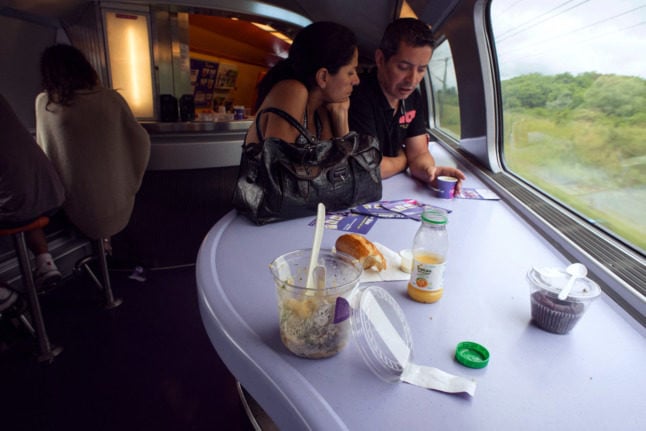French rail operator SNCF had ordered the new trains to absorb the increased passenger numbers on the line between France and Italy, but they may have used a dodgy measuring tape.
According to a report in Nice Matin newspaper, the new regional TER trains are just too high to pass through the tunnels between the two countries.




 Please whitelist us to continue reading.
Please whitelist us to continue reading.
Member comments